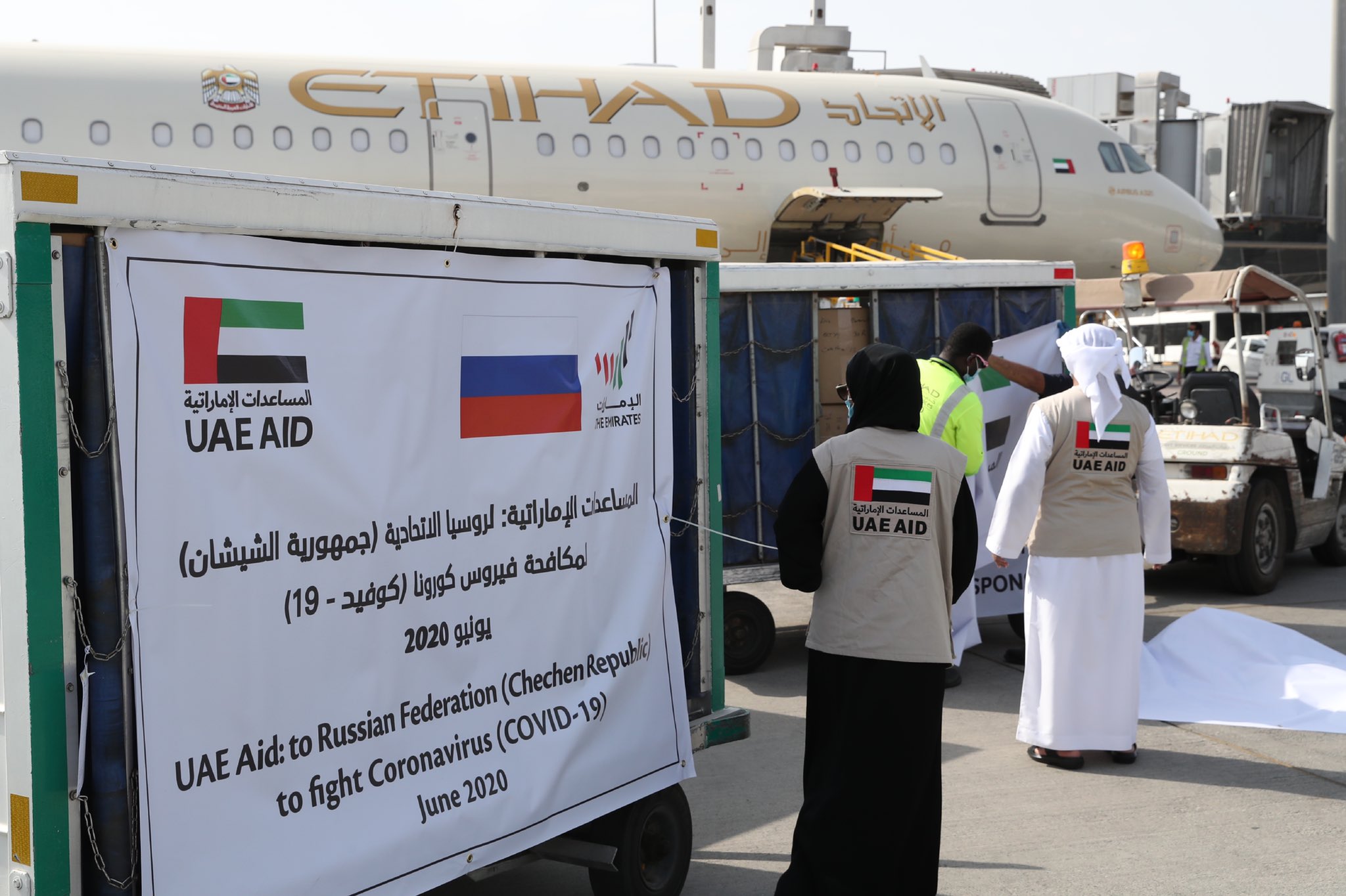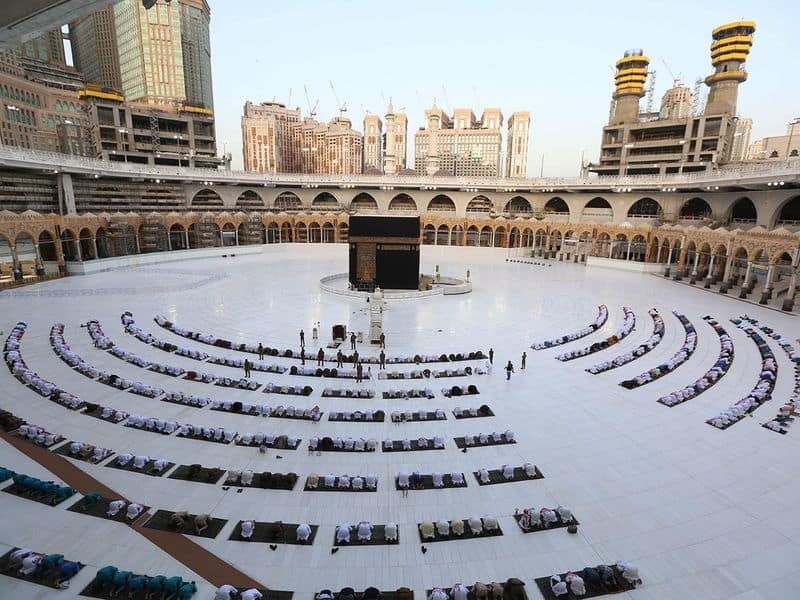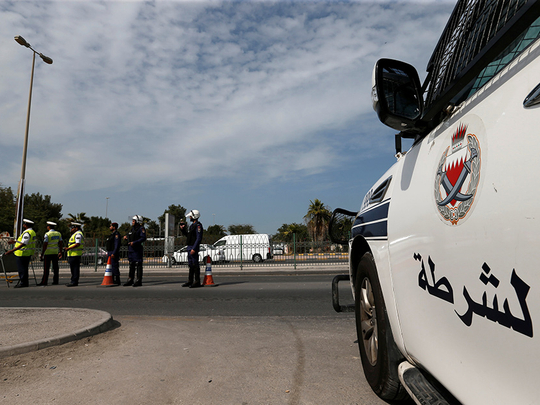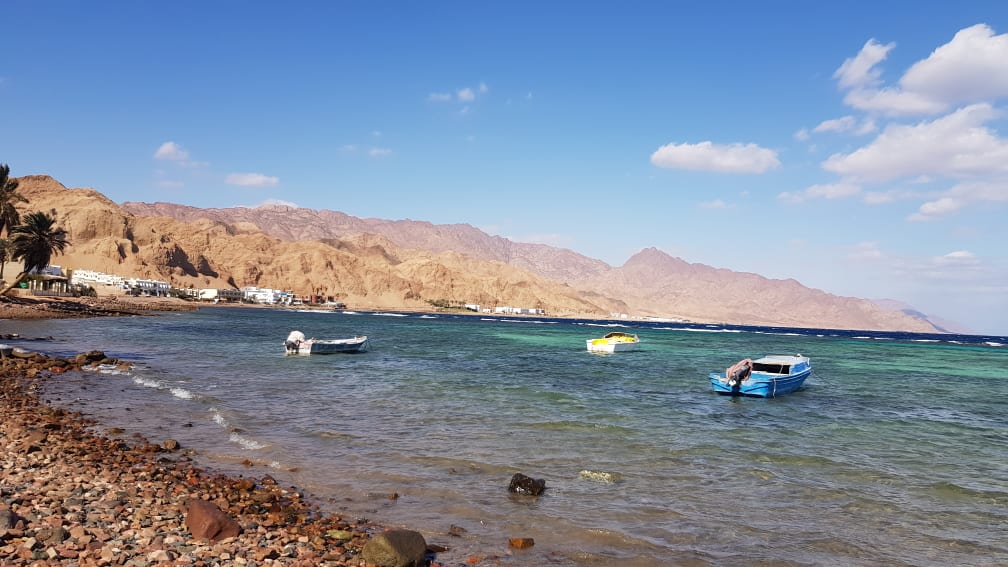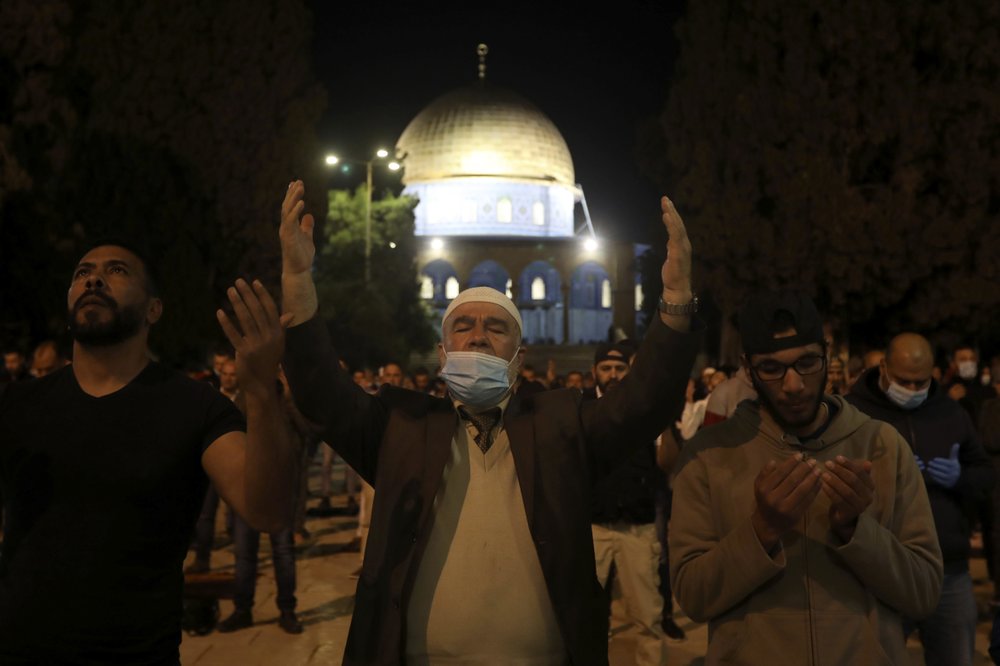Iran’s Foreign Minister Javad Zarif announced today that the US has deported Iranian Professor Sirous Asgari, recently acquitted of stealing trade secrets, back to Iran.
The 59-year-old scientist is now back in Iran with his family, according to an Instagram post by Iranian Foreign Minister Javad Zarif.
“Hello friends. Good news. Dr. Sirous Asgari is in the air on a flight back to Iran. Congratulations to his wife and family,” the foreign minister said.
US authorities detained Asgari, a materials science and engineering professor, in April 2016 on charges of fraud and stealing trade secrets, in contravention of US sanctions. The professor maintained he was only in the US to visit his two daughters. The court acquitted Asgari on all charges in November, but Immigration and Customs Enforcement (ICE) detained him shortly after his release and held Asgari at a facility in Louisiana.
The father of three contracted COVID-19 during his detention at the ICE facility, Winn Correctional Center, which authorities used to justify the delay in his deportation. Asgari was highly critical of the US authorities’ response to the center’s COVID-19 outbreak, and told the Guardian conditions were unclean and “inhumane.”
“It makes sense to send me to the hospital as soon as possible. I don’t trust them at all,” he said in an interview amid coughing fits on April 28. “If something happens, they are not fast responders … I prefer to leave this dirty place.”
The news of Asgari’s long-awaited deportation from the US comes after Foreign Ministry spokesman Abbas Mousavi said on Monday “Mr. Sirous Asgari’s case has been closed,” and he would soon be returning to Iran.
“Security of the Iranian inmates in the U.S. and Europe, whom we considered being taken as hostages, is very important for us,” the spokesman said.
Prisoner Swap in the Cards
Asgari’s return potentially paves the way for a rare prisoner swap deal between bitter enemies the US and Iran.
On May 10, Iranian government spokesman Ali Rabiei released a statement saying Iran was ready to move ahead with a prisoner swap deal, but had not received a response from Washington.
“We have announced that we are ready without any preconditions to exchange all prisoners and we are prepared to discuss the issue but Americans have not responded yet,” Rabiei said in a statement circulating among the Iranian government website and state news outlets.
The likely US candidate if a swap does occur would be US Navy veteran Michael White, who is currently on furlough but has been imprisoned in Iran since 2018. The three other US citizens known to be jailed in Iran are father and son Siamak Namazi and Baquer Namazi and US-Iranian conservationist Morad Tahbaz, who also holds British citizenship.
The last prisoner swap to take place between the two foes occurred in December 2019 when US Ph.D. student Xiuye Wang was returned in exchange for Iranian stem cell scientist Masoud Soleimani.


